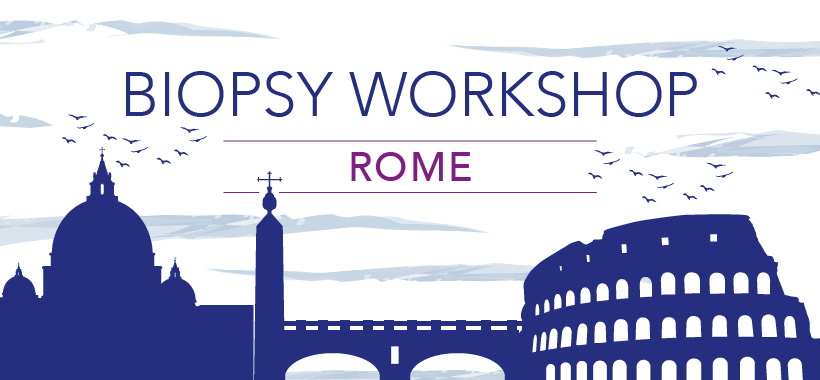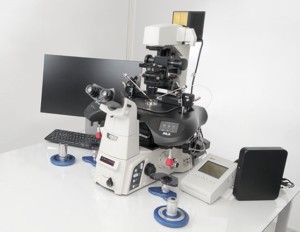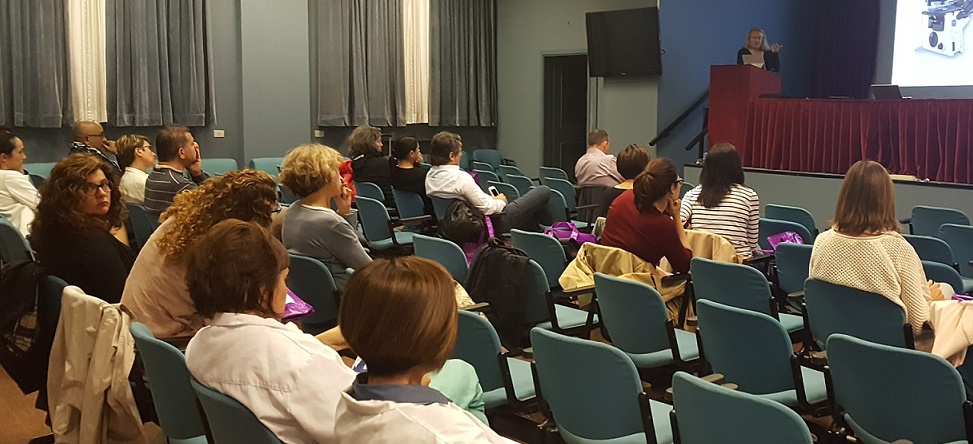
In May, CooperSurgical fertility companies worked in partnership with the European Hospital in Rome, to run a two-day practical embryo biopsy workshop.
The event provided a novel opportunity for attendees to experience a program run by our fertility and genetics experts. Each day focused on training while using the latest products available to optimize results.
As part of CooperSurgical’s mission, to be a supportive and beneficial commercial partner to IVF clinics worldwide, representatives collaborated with the hospital’s Reproductive Medicine Team to help broaden clinic skillsets following a change in their national legislation.
In 2015, guidelines surrounding assisted fertility changed to allow screening of embryos for genetic diseases before fertilization.
A leading ART center in Italy, European Hospital’s Dr Ermanno Greco and Dr Maria Giulia Minasi wanted to share their knowledge and experience with other professionals to continue improving treatments.
Embryo biopsy training
Embryologists from ART clinics all over Italy were invited to attend the course to learn or improve their knowledge of embryo biopsy at the blastocyst stage. The program covered indications for PGD/PGS, clinical results and experiences from the European Hospital, and an overview of current publications pertinent to the use of PGS as a fertility treatment.
Two members of the hospital’s laboratory staff, Alessandra Ruberti and Elisabetta Cursio, shared their standard operating procedures (SOPs) for embryo handling. These included SOPs for before, during and after the biopsy procedure, after which they provided one-to-one coaching for delegates during some hands-on training.
As is often the case, during a workshop of this kind, practical sessions are heavily dependent on the quality of the practice embryos. However, the mice had behaved themselves in Rome and the group had plenty of beautifully expanded blastocysts with which to work.
 Using the latest biopsy equipment, RI’s Integra 3™ micromanipulator and the Saturn 5 Active™ laser, the students tried several different techniques for separating a few of the Trophectoderm (TE) cells from the rest of the embryo.
Using the latest biopsy equipment, RI’s Integra 3™ micromanipulator and the Saturn 5 Active™ laser, the students tried several different techniques for separating a few of the Trophectoderm (TE) cells from the rest of the embryo.
Using a K-Systems G85 CO2 Mini Incubator, our trainers put the recently biopsied specimens immediately back into culture and were delighted to see a 95% survival and re-expansion rate the following morning. A great effort for what was, for many delegates, their first ever TE biopsy.
Further credit goes to the skills of our participants whose adoption of the micromanipulation system was rapid and almost seamless. There was a little trepidation at the start of the first practical session – at the thought of operating an unfamiliar machine. Despite this, the students mastered the controls very quickly while discovering how easy it was to use the equipment.
Genetic testing and quality control
To break up the practical sessions, lectures were scheduled to cover the wider implications of a PGD/PGS program. Tony Gordon from CooperGenomics gave a brief history of genetic testing in reproductive medicine and explained fundamental differences and benefits of the various platforms available to clinics.
 Sally Lloyd, from Research Instruments’ Equipment Sales Support Team, also discussed the pitfalls associated with identification of samples, before and after biopsy.
Sally Lloyd, from Research Instruments’ Equipment Sales Support Team, also discussed the pitfalls associated with identification of samples, before and after biopsy.
Her talk included a section on how the use of an RFID electronic witnessing system can help with this crucial part of quality control in the IVF laboratory.
Stefania Riccio from Clinica Villa del Sole in Naples said, “
[This was] a course that was well organized, characterized by professionalism and kindness.”
Speaker, organizer, and embryologist at the European Hospital Elisabetta Curzio concluded, “The CooperSurgical team was kind, helpful and above all very efficient when instructing participants during the workshops. An experience absolutely to be repeated.”
After speaking with delegates, Roberto Improta, Business Area Manager for ORIGIO Italy told us, “We have already had several requests from other customers for a second workshop, which we hope to hold in November. All the participants were very satisfied with the workshop.”
If you are interested in attending or hosting a similar event in collaboration with the CooperSurgical Fertility Companies/CooperGenomics, please contact your local sales manager.

 My Clinic is in the United States
My Clinic is in the United States My Clinic is in Canada
My Clinic is in Canada